What are ERP Solutions?
Enterprise Resource Planning (ERP) solutions are integrated software systems that serve as a backbone for managing and streamlining business processes across various departments within an organization. Their primary purpose is to facilitate the smooth flow of information between different business functions, including finance, human resources, manufacturing, supply chain management, and customer relationship management. By consolidating disparate systems into a single, unified platform, ERP solutions enable organizations to enhance operational efficiency, improve data accuracy, and support better decision-making.
The evolution of ERP solutions has been remarkable, transitioning from standalone software applications to sophisticated, fully integrated systems powered by advanced technologies such as cloud computing and artificial intelligence. Historically, early ERP systems primarily focused on automating specific tasks within accounting or inventory management. However, the need for holistic visibility into operations and real-time data reporting has driven the development of comprehensive ERP solutions that link multiple business processes. Modern ERP systems are designed to work seamlessly across various platforms, ensuring that data flows freely and is accessible to all relevant stakeholders.
Common features of ERP solutions include centralized databases, customizable dashboards, automated workflows, and advanced analytics capabilities. Additionally, these systems often incorporate modules that cater to specific business needs, such as project management, compliance tracking, and customer service management. By providing essential tools for collaboration and real-time insights, ERP systems play a pivotal role in enhancing organizational efficiency. Ultimately, the implementation of an ERP solution is vital for businesses seeking to remain competitive in an increasingly dynamic environment, allowing them to respond swiftly to changing market demands and drive strategic growth.
Benefits of Implementing ERP Solutions
Enterprise Resource Planning (ERP) solutions offer a multitude of benefits that significantly impact an organization’s operational landscape. One of the primary advantages is improved operational efficiency. By centralizing business processes within an integrated system, ERP enables organizations to streamline their operations, reduce redundancies, and automate routine tasks. This efficiency translates into cost savings and allows staff to focus on more strategic initiatives.
Another notable benefit is enhanced data accuracy. As ERP solutions consolidate data from various departments, they minimize the likelihood of errors that often arise from disparate systems. With a single source of truth, businesses can trust the integrity of their data, which is critical for making informed decisions. The ability to maintain accurate data also supports compliance with regulatory requirements, as ERP systems often include tools to help manage and report on compliance-related tasks.
Real-time reporting capabilities constitute a significant advantage of ERP solutions. Organizations can access up-to-the-minute information, facilitating swift decision-making processes. For example, a manufacturing company that implemented an ERP solution experienced a marked reduction in production delays due to accurate inventory tracking and forecasting, which allowed for proactive adjustments to supply chain management.
Moreover, ERP systems foster improved collaboration and communication across various departments. By providing a unified platform, they break down silos, enabling teams to share information and insights more effectively. This collaborative environment supports better strategic planning and enhances overall business agility. A case study on a retail chain illustrates that after adopting an ERP system, departments were able to coordinate more efficiently, leading to enhanced customer satisfaction.
Finally, the investment in ERP solutions equips businesses with a competitive edge. Companies that leverage these systems can respond more swiftly to market demands, drive innovation, and capitalize on growth opportunities, solidifying their place within their respective industries.
Challenges and Considerations in ERP Implementation
Implementing Enterprise Resource Planning (ERP) solutions can be a transformative endeavor for any organization. However, this journey is not without its challenges and considerations. One prominent challenge is the high costs associated with ERP implementation. These costs often extend beyond just software purchase; they include infrastructure upgrades, consultation services, and ongoing maintenance expenses. Organizations must develop a comprehensive budget to accommodate these elements to avoid unforeseen financial burdens.
Another significant hurdle is the lengthy implementation timeline. Depending on the complexity of the systems and the resources available, the deployment of an ERP solution can take several months or even years. This extended timeline can disrupt daily operations and create uncertainty among employees. To mitigate this disruption, businesses should establish a realistic project timeline and set milestones to track progress continuously.
User resistance is another obstacle often encountered during ERP implementation. Employees accustomed to legacy systems may feel overwhelmed by new processes, leading to pushback that can derail progress. To address this issue, companies must prioritize thorough training programs that not only familiarize users with the new system but also emphasize the benefits of transitioning to an ERP solution. Engaging employees as stakeholders throughout the implementation process can foster acceptance and enthusiasm.
Furthermore, organizations face critical decisions when selecting an ERP vendor and defining the project scope. A vendor that aligns with the specific requirements and future growth of the business is essential. Customizing the ERP solution to fit the unique business’s needs is crucial, as a one-size-fits-all approach often leads to underutilization or complications. In conclusion, proper planning, stakeholder involvement, and effective change management strategies can significantly improve the chances of a successful ERP implementation, ensuring that the organization reaps the maximum benefits from its investment.
Future Trends in ERP Solutions
The future of Enterprise Resource Planning (ERP) solutions is poised for significant transformation, driven by advancements in technology and evolving business demands. One of the most notable trends is the increasing adoption of cloud-based ERP systems, which offer remarkable flexibility, scalability, and cost-effectiveness. These systems allow organizations to access real-time data from anywhere, fostering collaboration among teams spread across different geographical locations. With businesses seeking to remain competitive, cloud solutions have become essential for streamlining operations and enhancing decision-making capabilities.
Another emerging trend is the integration of artificial intelligence (AI) and machine learning (ML) into ERP frameworks. These technologies offer smarter analytics, enabling businesses to gain insights from vast amounts of data. AI-driven automation can streamline processes such as inventory management, financial reporting, and customer relationship management, ultimately improving operational efficiency. With the ability to predict trends and make data-driven decisions, organizations can better meet market demands and enhance customer satisfaction.
The rise of mobile ERP solutions is also noteworthy, with more users requiring access to ERP functionalities via smartphones and tablets. Such mobility ensures that employees can perform their tasks on-the-go, providing instant access to critical business information. This capability helps organizations respond quickly to market changes and customer needs, thereby supporting overall agility.
Furthermore, there is a growing emphasis on creating ERP systems that are not only flexible and scalable but also align with sustainability and social responsibility objectives. As businesses increasingly prioritize environmental and social governance, ERP solutions are being designed to incorporate features that aid in tracking sustainability metrics and meeting regulatory compliance. This trend highlights a shift in business model strategies where organizations seek to balance profitability with their broader impact on society and the environment.
